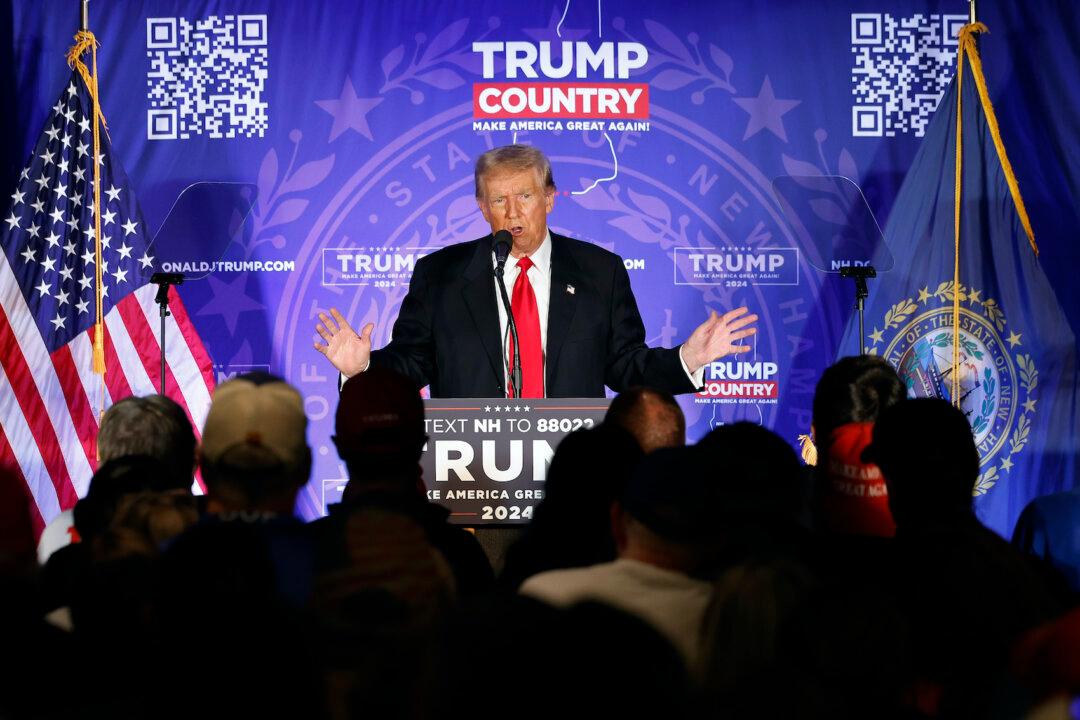Commentary
An argument for disqualifying former President Donald Trump from the presidency is that his activities before and on Jan. 6, 2021, gave “aid and comfort to the enemies” of the United States.

An argument for disqualifying former President Donald Trump from the presidency is that his activities before and on Jan. 6, 2021, gave “aid and comfort to the enemies” of the United States.